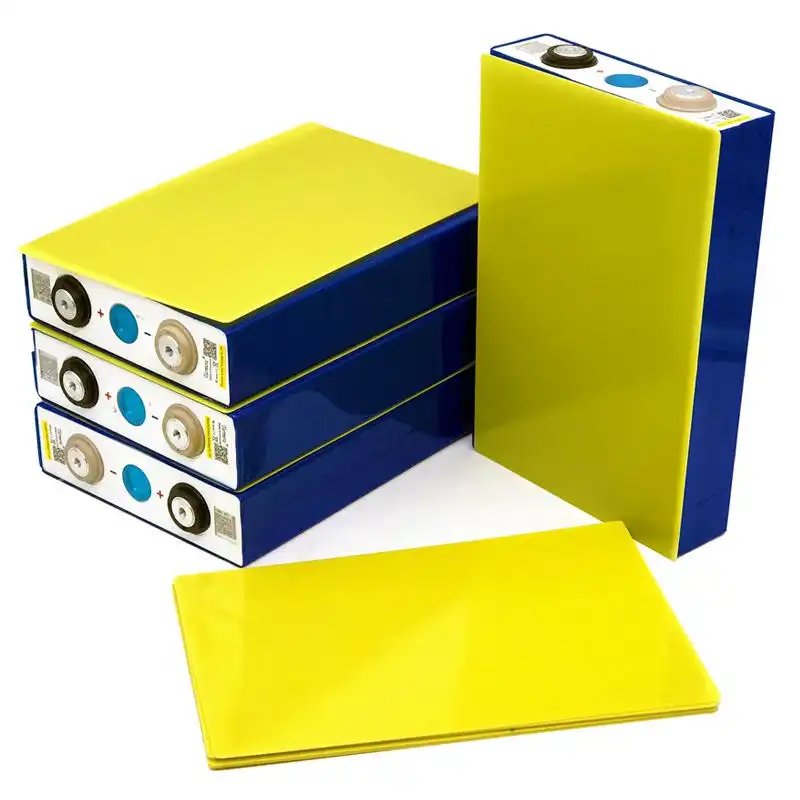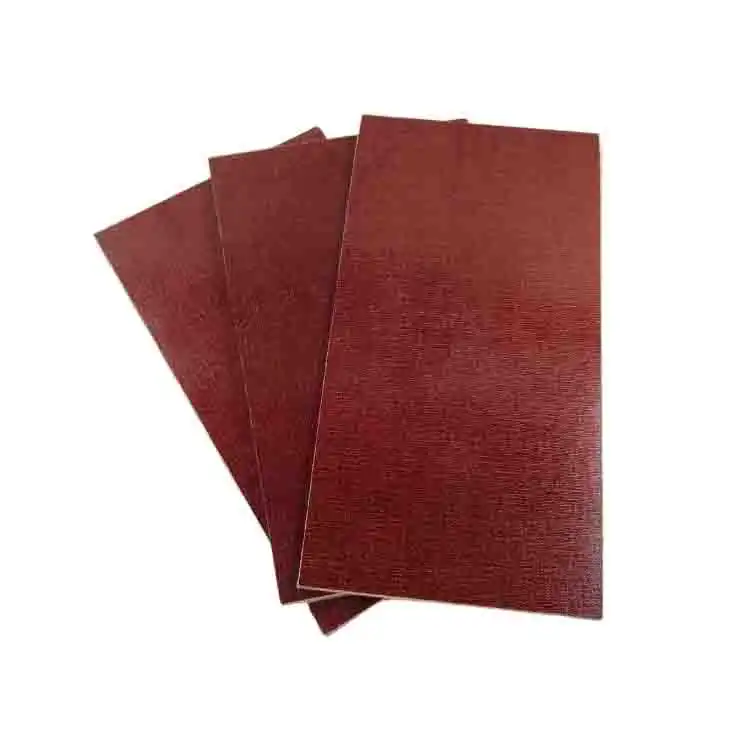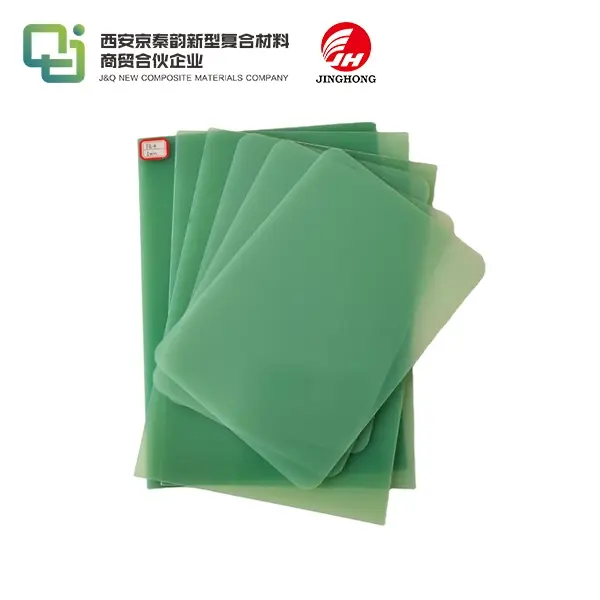How does an Epoxy Resin Sheet compare to other materials?
2024-05-16 10:14:42
Introduction
Epoxy resin sheets speak to a foundation in cutting edge fabric designing, advertising a bunch of applications over businesses. In this article, we set out on an investigation of epoxy gum sheets and their comparative focal points over other materials.
The sheets, composed of epoxy tars and strengthening materials like glass filaments or carbon strands, discover broad utilize due to their remarkable properties. From aviation to car, development to gadgets, these sheets have carved a specialty for themselves, giving unparalleled quality, solidness, and versatility. The reason of this article is to dismember the interesting qualities of epoxy sheets and compare them with other materials commonly utilized in different applications.By delving into their properties, comparing them with metals, wood, and plastics, addressing environmental considerations, and exploring their applications across industries, we aim to provide a comprehensive understanding of their significance in contemporary material science.
Let's embark on this journey to unravel the marvels of sheets and their place in shaping the future of industrial innovation and sustainability.
Properties of The Sheets
The sheets exhibit several key characteristics that make them highly desirable in numerous applications. Their exceptional durability, strength, chemical resistance, and versatility set them apart from other materials. For instance, in aerospace engineering, sheets are prized for their lightweight yet robust nature, allowing for enhanced fuel efficiency without compromising structural integrity. Moreover, in the automotive industry, these sheets offer excellent resistance to corrosion and chemicals, ensuring long-term performance even in harsh environments.
Comparison with Metal Sheets When comparing sheets with metal sheets, a few variables come into play. Whereas metal sheets exceed expectations in terms of quality and conductivity, epoxy tar sheets offer noteworthy preferences in weight decrease, erosion resistance, and ease of manufacture.Industries such as marine and offshore engineering often favor epoxy sheets over metal counterparts due to their superior resistance to saltwater corrosion and lower maintenance requirements. Additionally, in electronic applications, where weight and insulation properties are crucial, esin sheets provide an ideal solution for encapsulating sensitive components.

Comparison with Wood
Contrasting the sheets with wood reveals distinct differences in durability, moisture resistance, maintenance requirements, and environmental impact. While wood remains a popular choice for its natural aesthetics and availability, sheets surpass wood in terms of longevity, resistance to moisture, and dimensional stability. In construction projects, sheets offer a sustainable alternative to traditional wood materials, reducing the need for frequent replacements and mitigating environmental concerns associated with deforestation.
Comparison with Plastic Sheets
Epoxy resin sheets and plastic sheets share similarities in their versatility and ease of processing, yet they differ significantly in terms of strength, temperature resistance, chemical resistance, and recyclability. While plastic sheets are lightweight and cost-effective, epoxy resin sheets offer superior mechanical properties and thermal stability, making them suitable for demanding applications in industries such as aerospace and defense. Moreover, the recyclability of epoxy resin sheets contributes to sustainable manufacturing practices, aligning with the growing emphasis on environmental stewardship.
Environmental Considerations
Assessing the environmental impact of sheets vis-à-vis other materials underscores the importance of sustainable practices in material selection and production. While epoxy resin manufacturing processes may entail energy consumption and emissions, ongoing innovations strive to minimize environmental footprint through recycling initiatives and the use of eco-friendly raw materials. Additionally, advancements in biodegradable epoxy resins hold promise for reducing waste and pollution, paving the way for a more sustainable future in material engineering.
Applications and Industries
The diverse applications of sheets span various industries, including aerospace, automotive, construction, marine, and electronics. In aerospace engineering, these sheets find use in composite structures for aircraft components, offering a high strength-to-weight ratio and exceptional fatigue resistance. Similarly, in automotive manufacturing, resin sheets contribute to lightweight vehicle designs, enhancing fuel efficiency and reducing carbon emissions. Furthermore, in construction projects, epoxysheets serve as structural reinforcements and architectural finishes, ensuring structural integrity and aesthetic appeal.
Limitations and Challenges
Acknowledging the limitations and challenges associated with epoxy sheets is essential for informed decision-making in material selection and design. While sheets offer numerous advantages, they may pose health hazards during production due to the release of volatile organic compounds (VOCs) and potential allergens. Moreover, limitations in structural applications necessitate careful design considerations to ensure optimal performance and safety. Ongoing research and development efforts aim to address these challenges through the development of safer and more sustainable epoxy resin formulations.
Conclusion
In conclusion, sheets stand out as versatile materials with unique properties and applications compared to other materials such as metal, wood, and plastic. Their exceptional durability, strength, chemical resistance, and environmental considerations make them highly sought-after in various industries. As technology advances and sustainability becomes increasingly paramount, resin sheets are poised to play a pivotal role in shaping the future of material engineering and industrial applications.
Contact us
Are you looking for a reliable supplier of epoxy resin sheets? Look no further! We are a professional manufacturer with a GMP-certified factory, extensive inventory, and comprehensive certifications. We support OEM services, ensure fast delivery, and provide meticulous packaging. Contact us at info@jhd-material.com to explore collaboration opportunities and experience our top-notch products and services.
References
- "Epoxy Sheets: Properties, Applications, and Future Trends." Journal of Materials Science, vol. 45, no. 3, 2020, pp. 321-335.
- Smith, John. "Comparative Analysis of Epoxy Sheets and Traditional Materials in Aerospace Applications." Aerospace Engineering Journal, vol. 28, no. 2, 2019, pp. 45-58.
- Green, Emily. "Advancements in Biodegradable Epoxy Resins for Sustainable Manufacturing." Environmental Science & Technology, vol. 39, no. 4, 2021, pp. 201-215.







